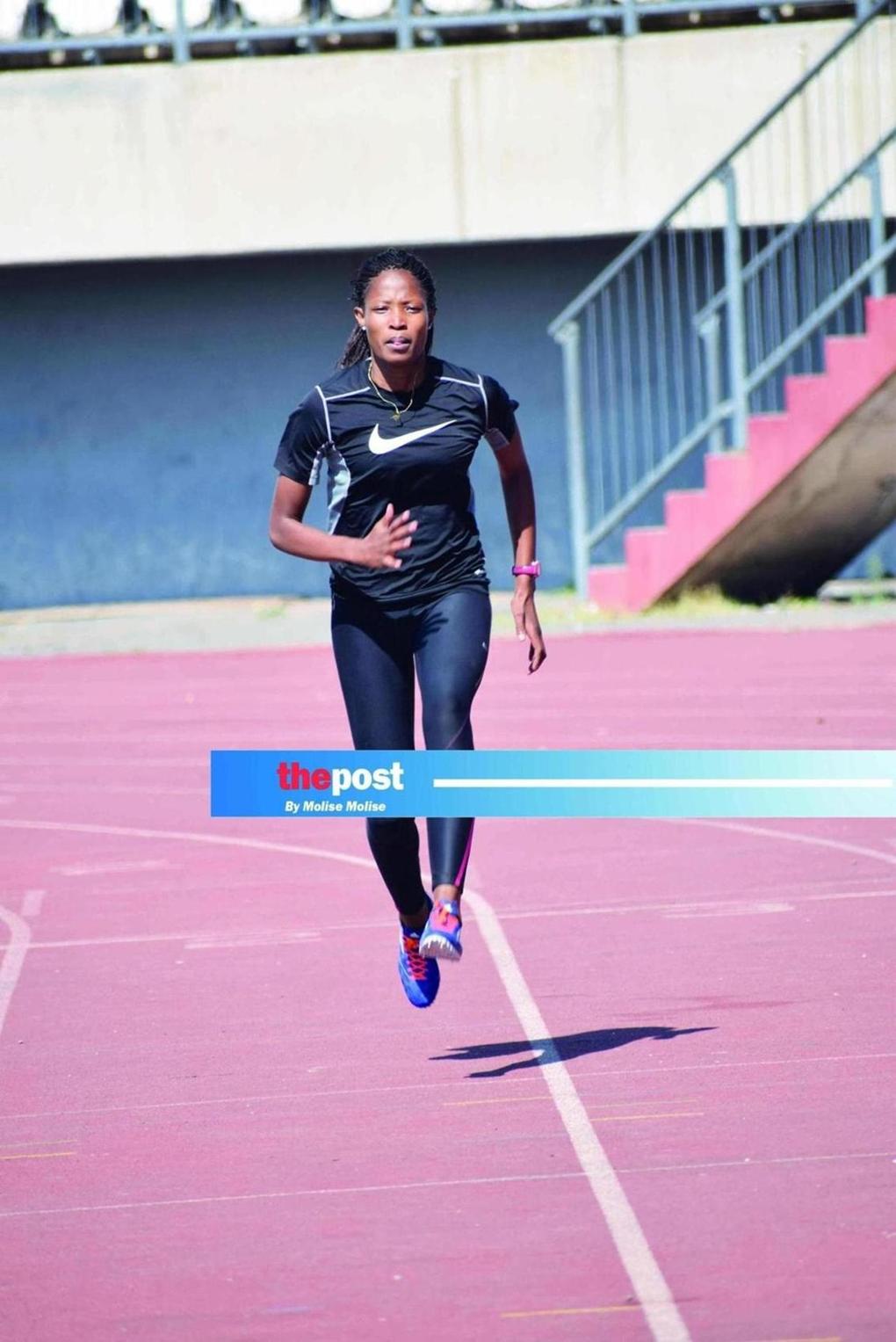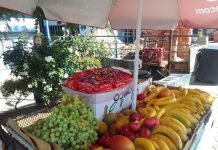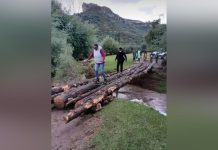Africa-Press – Lesotho. The Olympic Games are underway in Tokyo, Japan and Lesotho only has two athletes at the event. It is the smallest team Lesotho has had since the first edition which the country entered, the 1972 Olympics in Munich, Germany.
Obviously, there are mitigating factors. There has been a pandemic for the past two years that flipped the world upside-down and disrupted training for many athletes that had hopes of qualifying for Tokyo 2020.
Covid-19 caused the postponement of the Olympics to this year and its effects are worse for lesser resourced countries such as Lesotho. That is still an excuse, however.
This year neighbouring South Africa has sent its largest ever team to the Olympics with a squad of 185 athletes, for example, even in the midst of Covid-19.
Of course, comparing Lesotho to South Africa like-for-like is folly, but it is clear the pandemic isn’t the reason we only have two athletes in Japan.
Other countries comparable to Lesotho, at least in terms of sporting history, have more athletes at the Olympics than Lesotho – Botswana has 12, Eswatini has four and Namibia has 12, for example.
The point is that Lesotho’s sport is in a poor state and it is a gradual decline that is going unchecked. Yes, there have been bright spots here and there.
Triple-jumper Lerato Sechele excitingly came fourth at the Commonwealth Games in 2018. Sprinter Mosito Lehata won silver at the African Championships in 2016.
Likuena came third at the COSAFA Cup in 2018. Those achievements have caveats, however. Athletics is a mess today with no track and field athletes having met Olympic qualifying requirements for the past two years.
Likuena, meanwhile, always send their best players to the COSAFA Cup while other nations send developmental teams, so, in actual fact, Lesotho must always be amongst the favourites to win the tournament with that being the case.
The only noticeable sporting success Lesotho is having is in marathon, which is why Lesotho’s grand squad of two athletes in Tokyo is made up of two marathon runners – Khoarahlane Seutloali and ‘Neheng Khatala.
Marathon, though, is perhaps the most individual of all sports. It is fair to say it requires the least support when it comes to the development of the athlete at an early age.
Lesotho is also a highland country which should give our athletes a natural advantage because they live and train in altitude. A budding marathon runner can run on the roads on their own.
They don’t necessary need huge investment in training and, if they are lucky, they can get to a race in South Africa or further afield, do well and be seen.
A recent case is ‘Manqabang Tsibela who won the 3000 metres race barefoot at the African Union Sports Council (AUSC) Region 5 Youth Games in 2018 in Botswana. Before then few knew who she was and it would have probably remained the same if she hadn’t won, she would have come back home barefoot.
However, Tsibela’s victory caught the attention of people including Englishman Chris Bullock, who is now the Lesotho Football Association’s deputy secretary general, who dedicated himself to help Tsibela in nurturing her wonderful talent.
Today, the 16-year-old is studying at Masowe High School thanks to Bullock’s efforts. Ultimately, that is what it takes. Support is what allows you to compete at the highest level because it is very tough up there.
Competition at the elite sporting level is intense and always improving. People in other countries train three or four times a day while our athletes are fortunate to train four times a week.
Lesotho is either incapable or uninterested in helping. The structures are poor and there is no progress, instead there is more attention on infighting and court cases between sports administrators.
That is why the country’s sport is stagnant and being stagnant means you are going backwards and losing ground because others are improving. Right now the Lesotho Athletics Federation (LAF) itself spent the last two years infighting instead of preparing athletes until elections earlier this year somewhat resolved issues.
That is just symptomatic of our sports going in reverse. Taekwondo is the best example. In the nineties we were told Lesotho was ranked third in the world.
While that may have only been for a few weeks, if it ever did happen, is true that Lesotho was once Africa’s top country in taekwondo. In 1996 Lesotho won the men’s championship at the inaugural African Taekwondo Championships.
At the following edition in 1998 Lesotho was the men’s and women’s champion. Those are truly remarkable and worthy achievements. Lesotho remains fifth all-time in terms of success at the African Championships.
That is super. The countries ahead of Lesotho on the medals table – Egypt, Ivory Coast, Tunisia and Morocco – are heavyweights in African sports possessing greater resources.
However, Lesotho hasn’t qualified for the Olympics in taekwondo since 2004. Last year Marumo Moloisane, Michelle Tau, and Rethabile Tjotjo all lost their preliminary bouts in Morocco in their quest to qualify for Tokyo.
The bottom line is that to a young person, Lesotho’s taekwondo dominance and success is a myth. Lesotho is not even a player in taekwondo anymore. Lesotho is currently ranked 129th in the world in taekwondo.
And, in the meantime, just like its friend the LAF, the LTA has been busy fighting inside wars instead of developing the sport. The moral of the story is that Lesotho’s administrators have their eyes on the wrong prize and, as a result, are completely off the ball.
The ones suffering are the athletes who dream of competing globally like those before them – like Thabiso Moqhali, gold medal winner the 1998 Commonwealth goal in the marathon, Moses Kopo silver medal winner in boxing at the 2006 Commonwealth Games, your Lehatas and Selloane Tšoaelis.
The country’s sporting image also continues to suffer. Likuena are back to being the butt of jokes to neighbours after losing their final two group games at the recent COSAFA Cup by a combined score of 8-0.
A few weeks earlier the players were caught smoking bongs and stealing money in Mozambique. But, can we really blame them when there is no direction from the top? Sport is constantly improving and evolving elsewhere.
What was adequate even ten years ago is no longer at all. Lesotho has two athletes at the Tokyo Olympics. If we are not careful, next time we will have zero.
For More News And Analysis About Lesotho Follow Africa-Press






